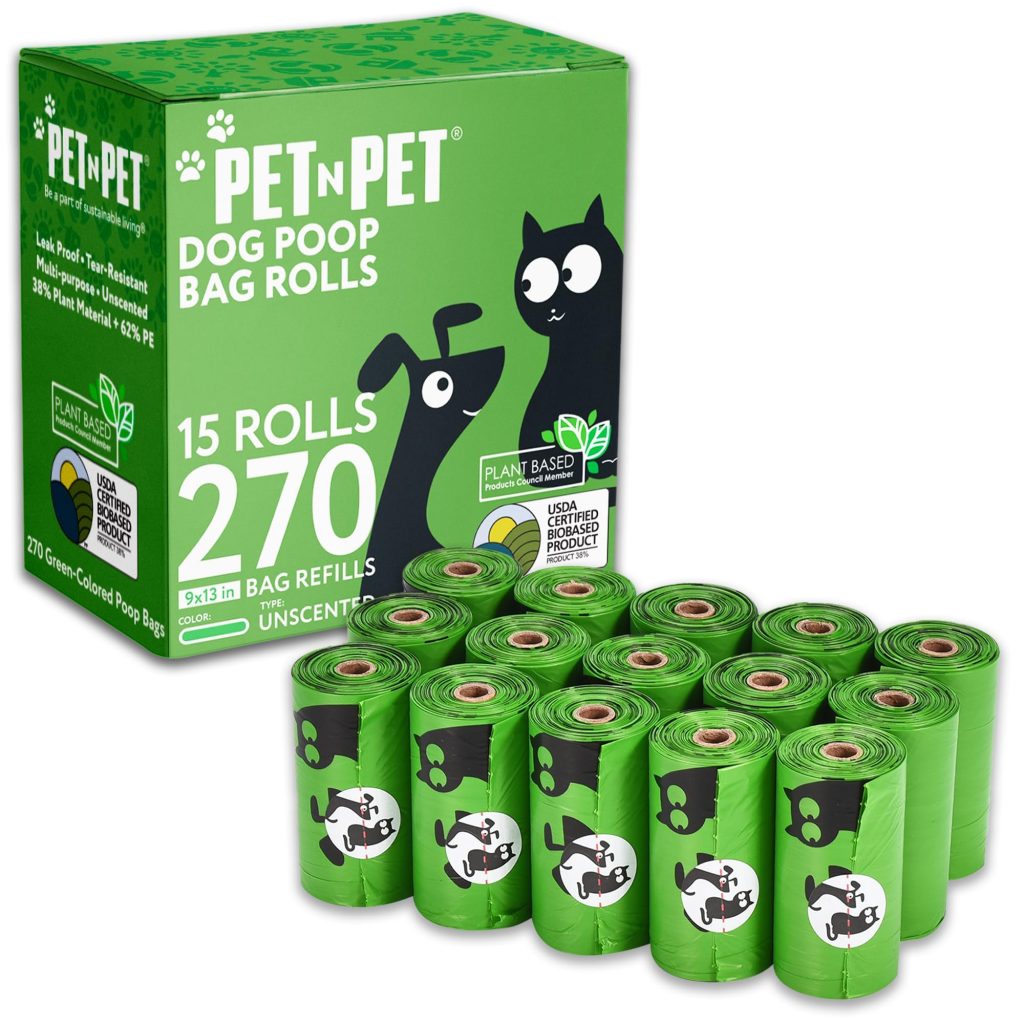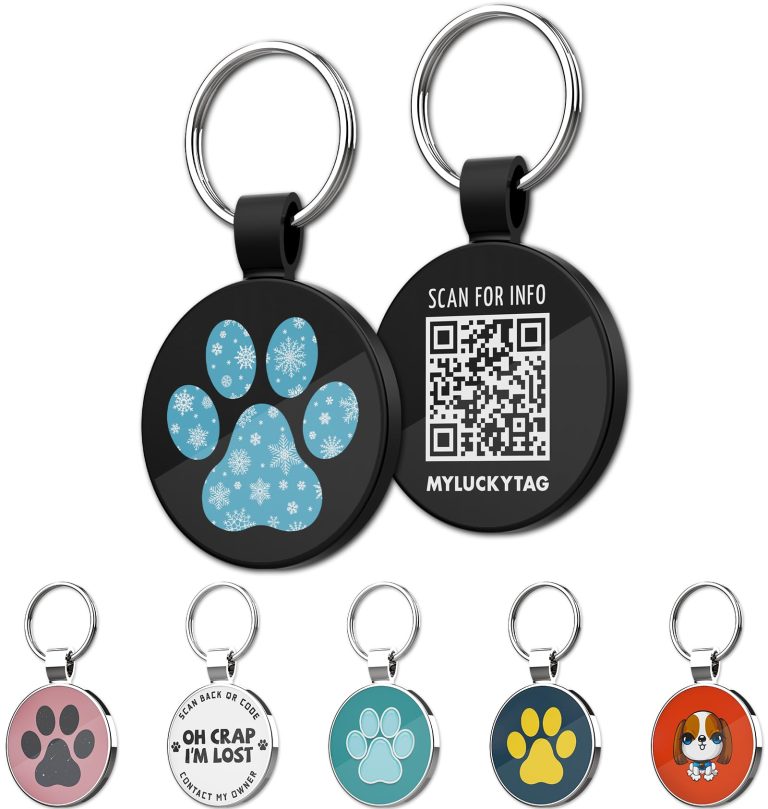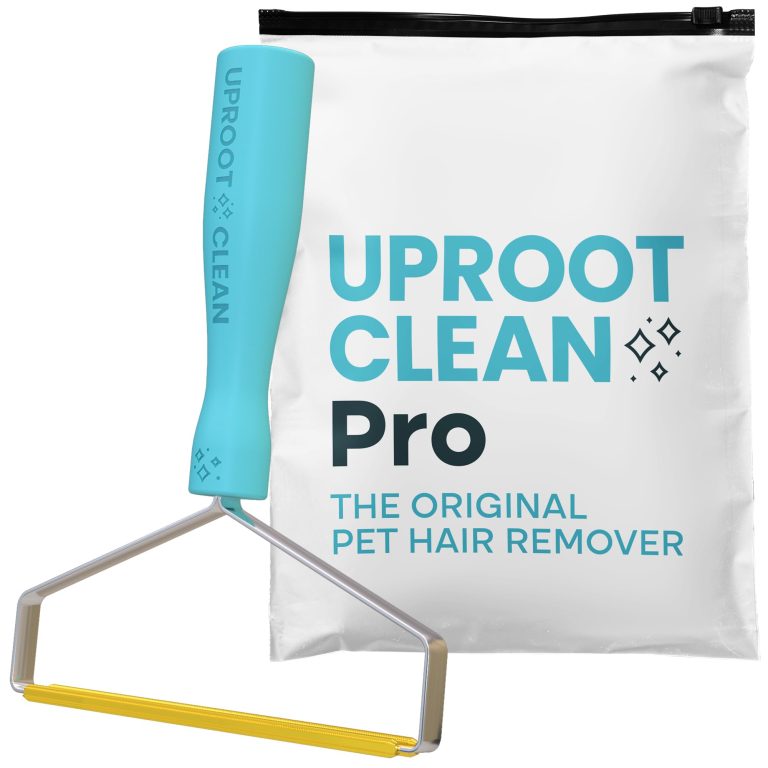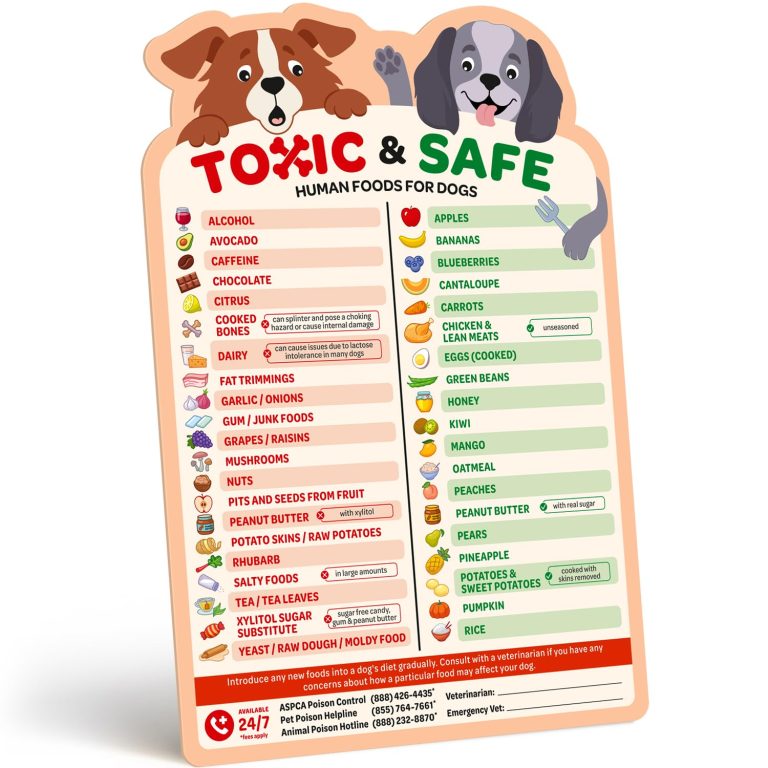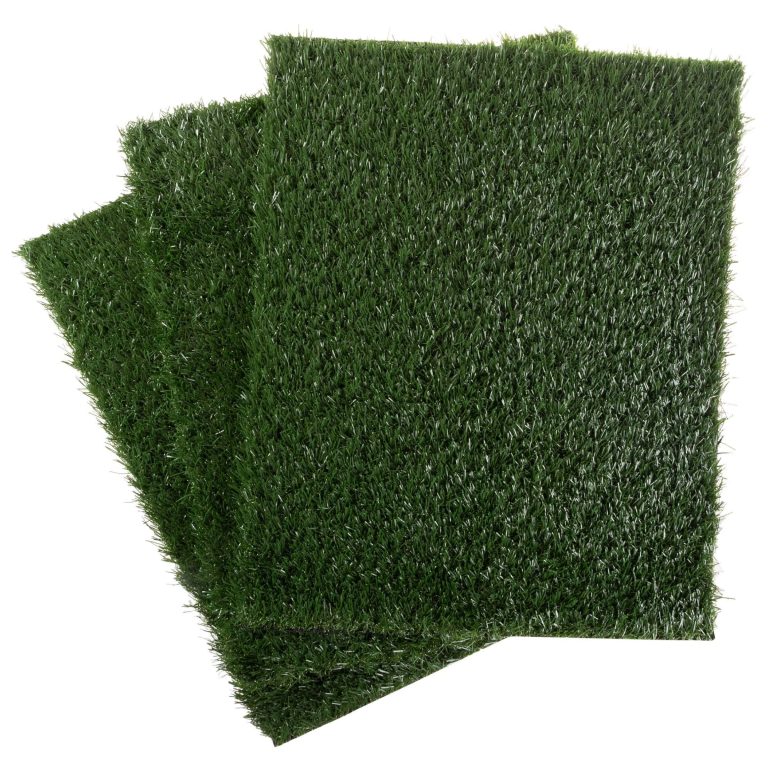Is Grain-Free Food the Right Choice for Your Dog?

When it comes to feeding our beloved dogs, it is essential to think their nutritional needs. Just like humans, dogs require a balanced diet to thrive and maintain good health. The right choice of food can make a significant difference in their well-being and longevity. One popular trend in canine nutrition is grain-free food. But is it the ideal present for your dog? Let’s explore the essential aspects of canine nutrition and diet to find out.
Understanding Canine Nutrition
Dogs are omnivores, which means they can consume both animal and plant-based foods. Their diet should consist of a proper balance of proteins, fats, carbohydrates, vitamins, and minerals. Providing these essential nutrients is important for their growth, development, energy levels, and overall health.
The Importance of a Balanced Diet
A balanced diet ensures that dogs receive all the necessary nutrients in adequate amounts. It helps prevent deficiencies and imbalances that can result in various health issues. A well-balanced diet supports their immune system, promotes healthy digestion, strengthens bones and muscles, and maintains proper weight.
Dietary Needs for Different Life Stages and Breeds
It is important to think the specific dietary needs of different life stages and breeds when choosing dog food. Puppies require higher amounts of protein and calories to support their rapid growth and development. Adult dogs need a balance of nutrients to maintain their weight and overall health. Senior dogs may benefit from food that supports joint health and provides additional vitamins for aging bodies.
Breeds also have unique nutritional requirements. Large breed dogs may require specific nutrients to maintain their bone health, while small breed dogs may need higher energy levels due to their faster metabolic rates. Consulting with your veterinarian can help you determine the best food options for your dog’s specific needs.
Is Grain-Free Food the Right Choice?
Grain-free dog food has gained popularity in recent years, with many pet owners opting for this type of diet. It eliminates grains like wheat, corn, and soy that can cause allergies or sensitivities in some dogs. Additionally, grains are often used as fillers in commercially available dog food, providing little nutritional value.
While grain-free food may be a good choice for dogs with grain allergies or sensitivities, it is essential to remember that not all dogs require a grain-free diet. In fact, whole grains like rice and oats can provide valuable nutrients such as fiber and essential minerals.
The Advantages of Homemade Diets
Some pet owners prefer to prepare homemade diets for their dogs, ensuring complete control over ingredients and quality. Homemade diets can be tailored to meet specific dietary needs, and by using fresh, high-quality ingredients, you can enhance the nutritional value of your dog’s meals.
However, it is important to note that homemade diets require careful planning and supervision. The balance of essential nutrients should be achieved, and certain ingredients must be avoided, as they can be toxic to dogs. Consulting with a veterinary nutritionist is highly recommended when considering a homemade diet for your dog.
Evaluating Commercial Dog Food
Choosing a commercial dog food can be overwhelming due to the vast array of options. While there are reputable brands that provide high-quality nutrition for dogs, it’s important to read the ingredient list and nutritional information before making a choice.
Look for dog food that lists real meat as the first ingredient, as it provides essential proteins. Avoid artificial additives, excessive fillers, and low-quality by-products. Consider seeking out brands that conduct feeding trials or have AAFCO statements on their labels, as these indications can signify adequate nutritional content.
The right choice of food plays a vital role in the well-being and health of dogs. While grain-free food can be beneficial for dogs with grain sensitivities, it may not be necessary for all dogs. A balanced diet, tailored to your dog’s specific life stage and breed, is essential for their overall health. Whether choosing commercial food or opting for homemade diets, consulting with a veterinarian and understanding your dog’s nutritional needs will guide you towards providing the best nutrition for your furry friend.
